 | Cryptocurrency ATMs: how they work and why they are needed Cryptocurrency ATMs are a popular way to buy or cash out bitcoins and other cryptocurrencies, bypassing the traditional banking system. In September, the total number of cryptocurrency ATMs worldwide reached 10,000, 67 percent more than a year ago. The sector is growing rapidly and is not going to stop. What is a cryptocurrency ATM and why do you need one A cryptocurrency ATM (crypto-machine, or BTM, which stands for Bitcoin Teller Machine) is a device that allows buying or cashing in bitcoins (BTC) or other cryptocurrencies: Bitcoin Cash (BCH), Ether (ETH), Dash (DASH), Litecoin (LTC) and others. Instead of a bank card, it uses a crypto wallet from which coins are debited or sent to. Examples of cryptocurrency ATMs you can buy - Bitcovault.com Cryptomats are primarily just a convenient way to instantly exchange cryptocurrency for cash without dancing with tambourine. They are most popular among users who don't have constant access to high-speed Internet, and also among those who don't have a bank account or don't want to have one for privacy reasons. How the sector is developing The first crypto machine was installed in October 2013 at a Waves coffee shop in downtown Vancouver, Canada. According to Coin ATM Radar, in September 2020, the number of cryptomats worldwide exceeded 10,000. A year ago there were only 6,000; at the beginning of the summer there were 8,000. In just one year, their number has increased by 67%. And although compared to more than 3.5 million conventional ATMs it is like a drop in the ocean - the trend itself is important. The sector is actively growing and shows no signs of slowing down. As cryptocurrencies grow in popularity and confidence in them increases, there are more and more crypto machines. Most crypto machines are in the U.S. (7,800 - 127% more than a year ago), Canada (812 units) and the U.K. (260 units). Crypto machines are also popular in developing countries and countries with unstable financial markets. The demand for the service in the Latin American, Asian and Australian markets is also growing rapidly. In total, crypto machines are installed in 71 countries. Russia currently has 51 cryptomats, Ukraine has 23, and Kazakhstan has 3. In total, there are more than four dozen manufacturers of cryptocurrency ATMs. Genesis Coin (35% market share) and General Bytes (30% market share) produce the most devices, as well as Lamassu, BitAccess, Coinsourse. They operate slightly differently, but we won't go into details - there usually aren't many cryptomats around to choose from anyway. Regulation of crypto machines: how they are treated by authorities around the world Cryptocurrency ATMs allow you to buy and sell digital currencies and convert them to cash. Anything related to cash is the domain of bank regulators, so they can't leave cryptocurrencies out. Therefore, in countries where cryptocurrencies are permitted and regulated, crypto operators must comply with anti-money laundering legislation. In the U.S., for example, they must comply with the same standards as banks: register with the Federal Financial Crimes Enforcement Network (FinCEN) as well as obtain a state license. In Canada they have to report all transactions over 10,000 Canadian dollars (about $7400). The authorities often accuse cryptocurrencies of being used by criminals to hide their profits. In reality, criminals launder about $1-3 billion through cryptocurrencies and $0.8-2 trillion through banks and cash. Thus, no more than 0.3-1% of all digital assets are used for criminal purposes. In many countries, crypto machines have an uncertain status. They are not banned, but the authorities treat them with distrust: they constantly check and sometimes confiscate devices or arrest their owners (but not customers). Often crypto-machine operators have to change jurisdiction. For example, after Germany introduced licensing for crypto-machine providers, their number began to decrease. For example, in August this year German authorities confiscated 17 crypto machines of Polish firm KKT UG for violation of legal requirements. Nevertheless, users did not suffer any damage. Crypto machines worked properly until they were dismantled. However, even in countries where cryptocurrencies are legal, they have no guarantee of a secure future. Authorities are increasingly concerned that the devices could be used to launder funds. For example, according to analyst firm Cipher Trace, 88 percent of U.S. bitcoin ATM funds sent to trading exchanges in 2019 ended up offshore. The company's analysts believe that cryptocurrencies could become a target for regulators. However, no one can say for sure how things will end up, because cryptocurrencies are becoming part of everyday life. At the moment, the number of cryptocurrencies continues to grow and the demand for them is skyrocketing. Banning progress is by no means the best idea for the authorities. Logically, if cryptocurrencies are allowed, then crypto machines should not be banned either. Buying or cashing out cryptocurrency through a cryptomat is as easy as funding a mobile account or withdrawing cash from a regular card. Most crypto machines only allow you to buy cryptocurrency, some only allow you to sell and thus cash it out, but there are also multifunctional ones where you can do both. You click "Buy BTC" or "Sell BTC" (cash out). You scan the QR code of your wallet from the mobile app or print it out in advance. You can also enter the address manually, but it's important not to make a mistake in any of the characters - it will be impossible to cancel the transaction. If you don't have a wallet, the cryptomat will create a new one. Go through identification, if necessary (about it below). Find out the exchange rate and commissions. Contribute cash - in case of buying cryptocurrency, or send cryptocurrency to the specified address (scanning QR-code is usually enough) - in case of cashing out. In some models, cash is issued immediately; in others, it is necessary to wait until confirmation of the transaction. You confirm the transaction and wait until the device performs the transaction. If you buy, the cryptocurrency is sent to your address; if you sell, you get the money in your hands. Keep the receipt just in case. You may need it in case one day the authorities will ask you where you got the cryptocurrency or cash from its sale. As you can see, everything is simple and almost exactly the same as with any payment terminal or ATM. Usually crypto machines don't accept bank cards - you can only buy coins with cash. Cards provide an opportunity to cancel a transaction, while in cryptocurrencies it is impossible to cancel a transaction. However, some cryptomats accept cryptocurrency cards linked to your blockchain wallet. You can buy as many cryptocurrencies as the operator holds. And withdraw as much cash as you have inside the crypto machine. Also focus on a couple of other points: Exchange rate and commission. The price of coins and the amount of commission depend on the crypto machine and its provider. Usually, digital assets are sold in cryptomats more expensive than on exchanges. This is their main disadvantage. If the device does not carry out user identification, the difference in the rate can be up to 10% and even up to 20%. The total cost, including commission, is an average of 5-10%. This cost is due to the need for the owner of the crypto-machine to incur additional expenses: for renting space, maintenance, compliance with regulatory requirements, paying commissions to banks for fiat funds. And, of course, crypto machine owners also earn on this difference. User Identification. In countries where cryptocurrencies are regulated by law, to use a crypto-machine, you may have to be identified: take a photo, enter some identifier, such as a phone number, scan your passport or even fingerprints. Such checks are usually carried out if you are buying or cashing out a large sum of money, such as $1,000 or more. The larger the amount, the more data you will have to provide. It is a requirement of anti-money-laundering legislation for crypto-machine operators to carry out user identification. Due to such verification, it is more difficult for fraudsters to whitewash their proceeds of crime. Honest users have nothing to fear. If you have any questions about crypto ATMs and want to buy a couple of them, do not hesitate to contact us! We are Bitcovault.com [link] [comments] |

You can get bonuses upto $100 FREE BONUS when you:
💰 Install these recommended apps:
💲 SocialGood - 100% Crypto Back on Everyday Shopping
💲 xPortal - The DeFi For The Next Billion
💲 CryptoTab Browser - Lightweight, fast, and ready to mine!
💰 Register on these recommended exchanges:
🟡 Binance🟡 Bitfinex🟡 Bitmart🟡 Bittrex🟡 Bitget
🟡 CoinEx🟡 Crypto.com🟡 Gate.io🟡 Huobi🟡 Kucoin.

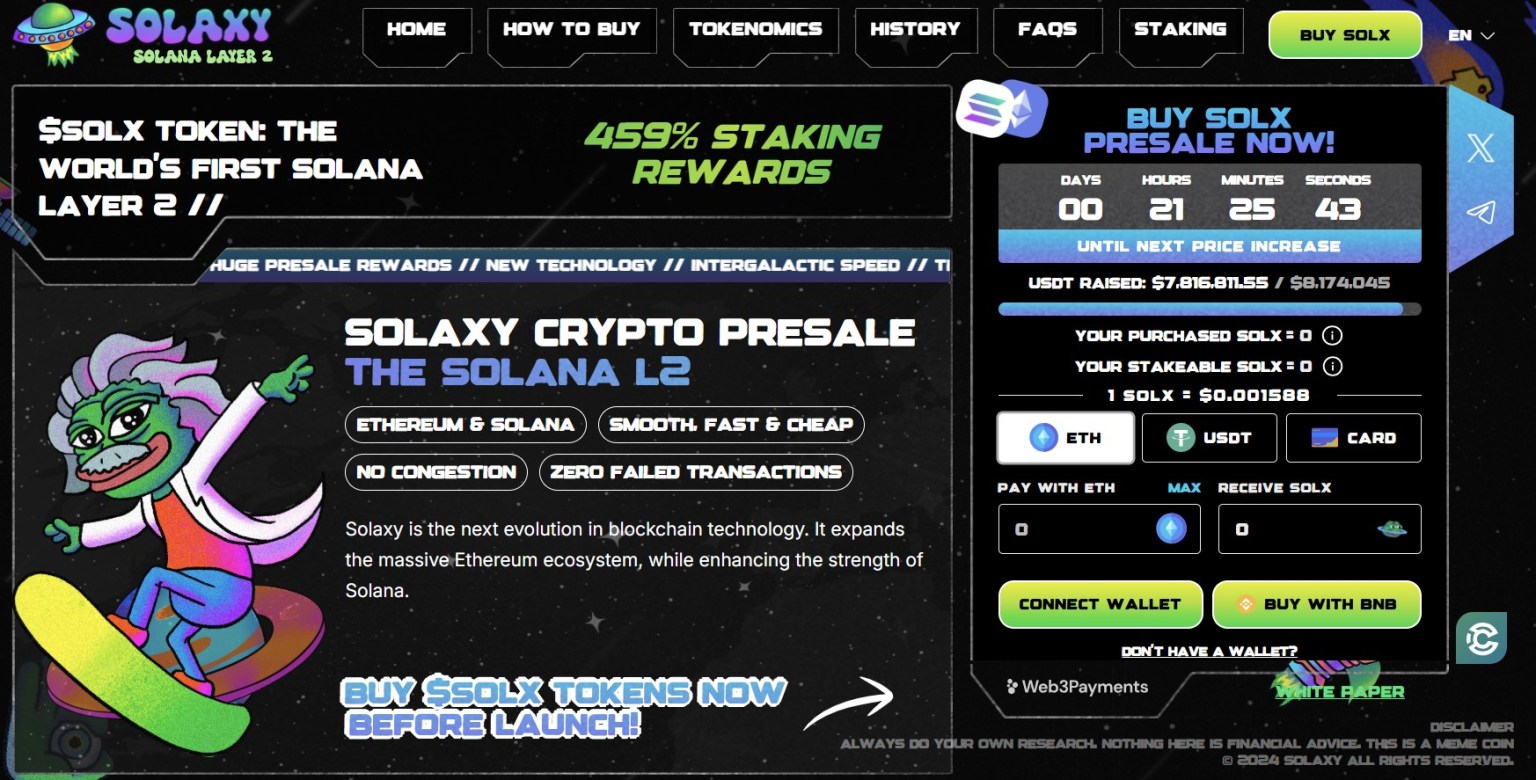
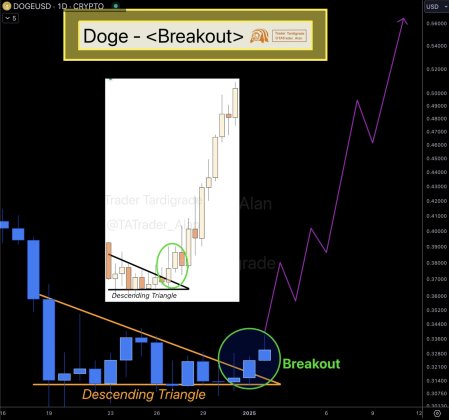
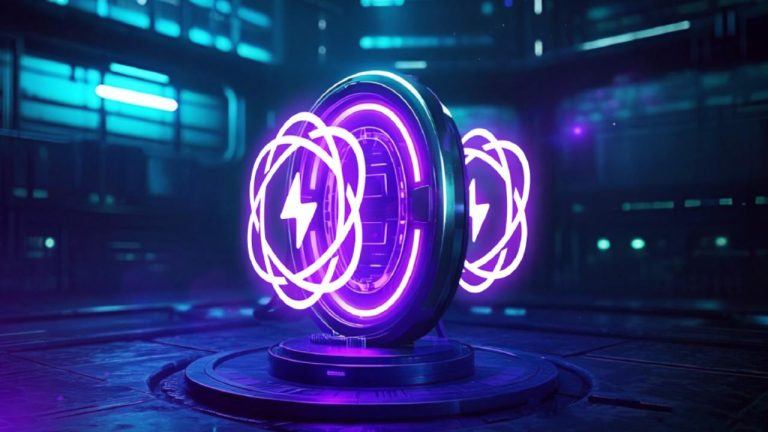





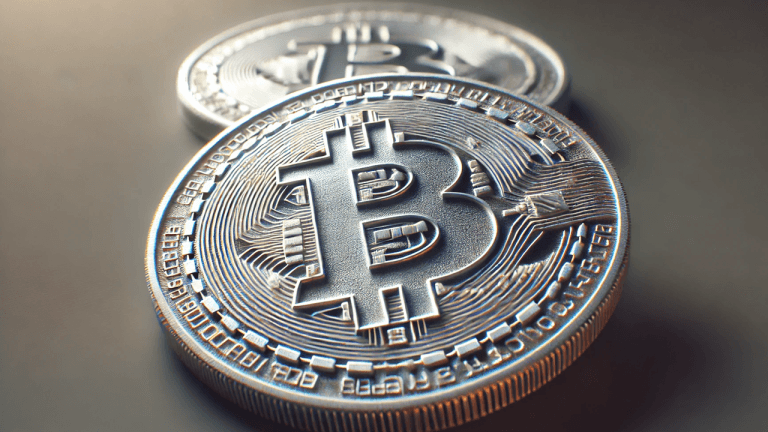

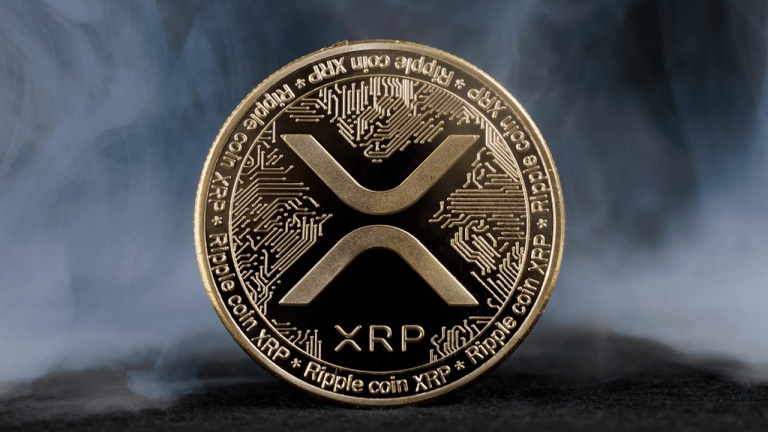

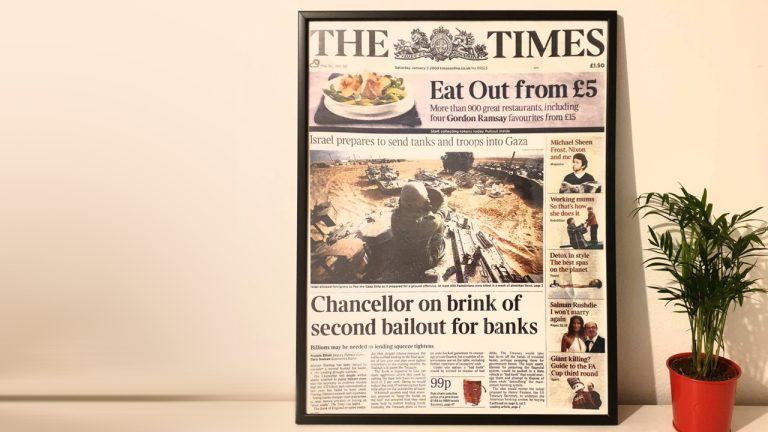
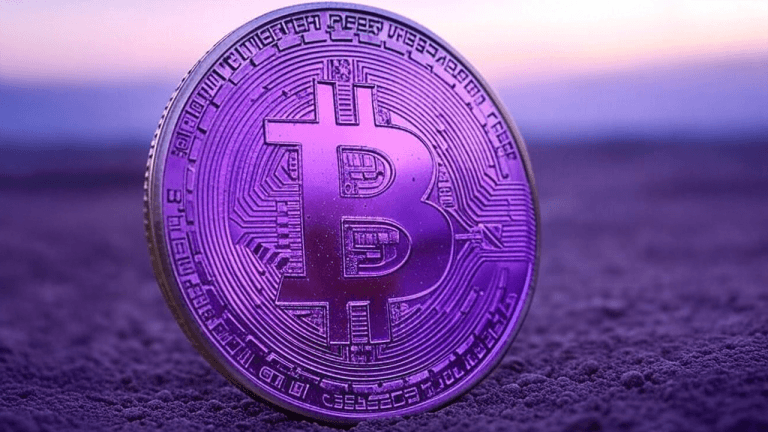
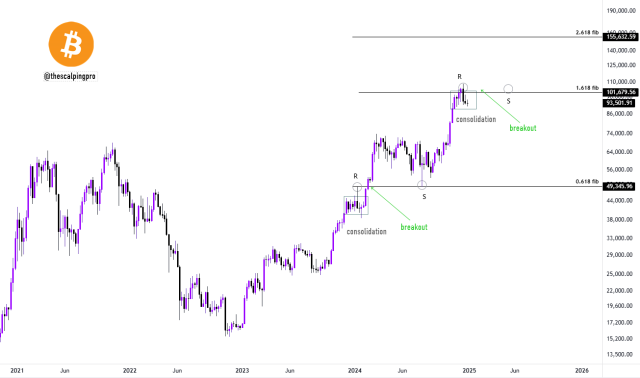
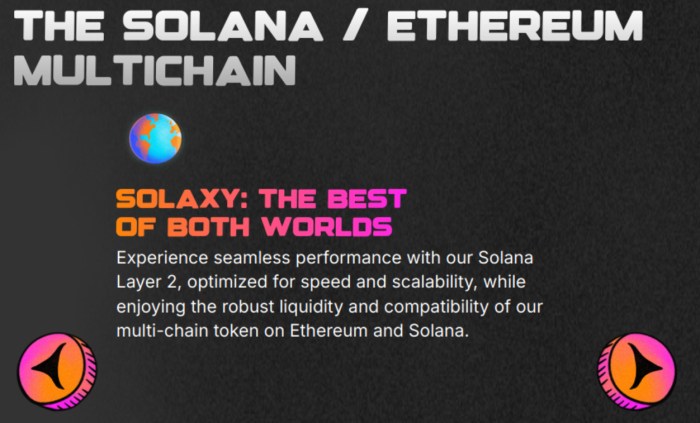

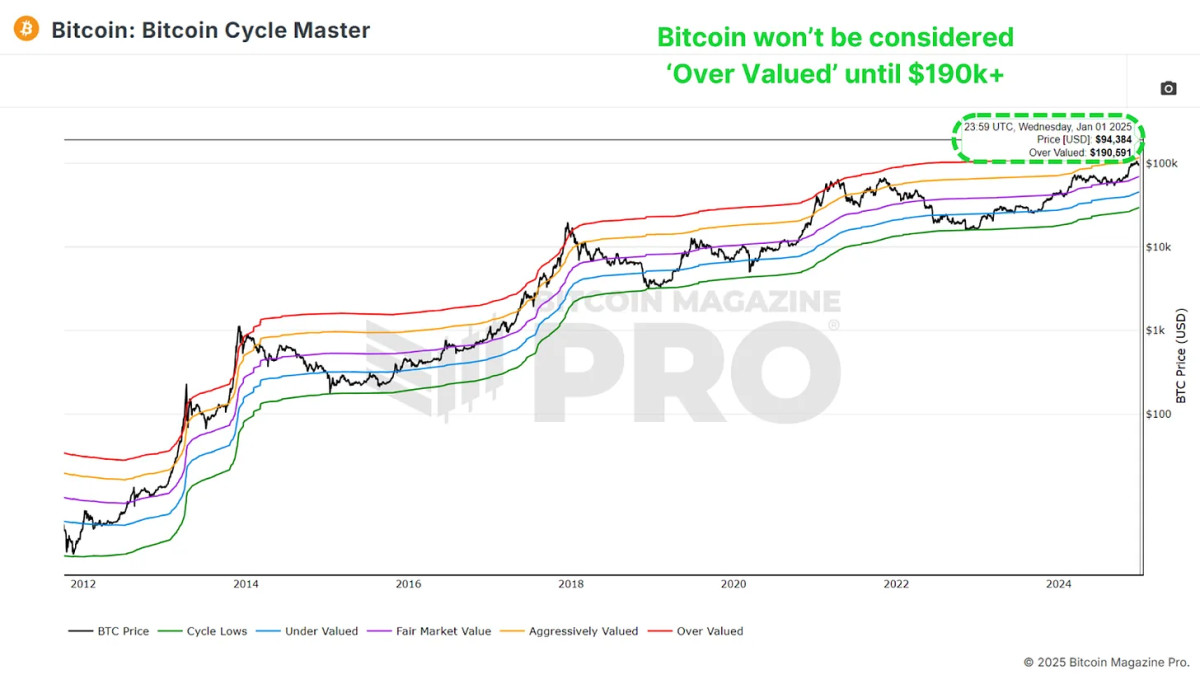
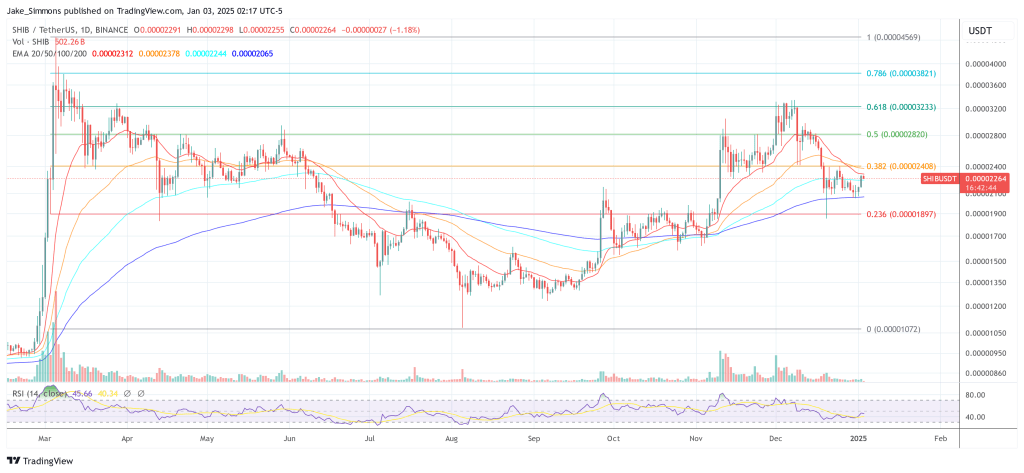
Comments